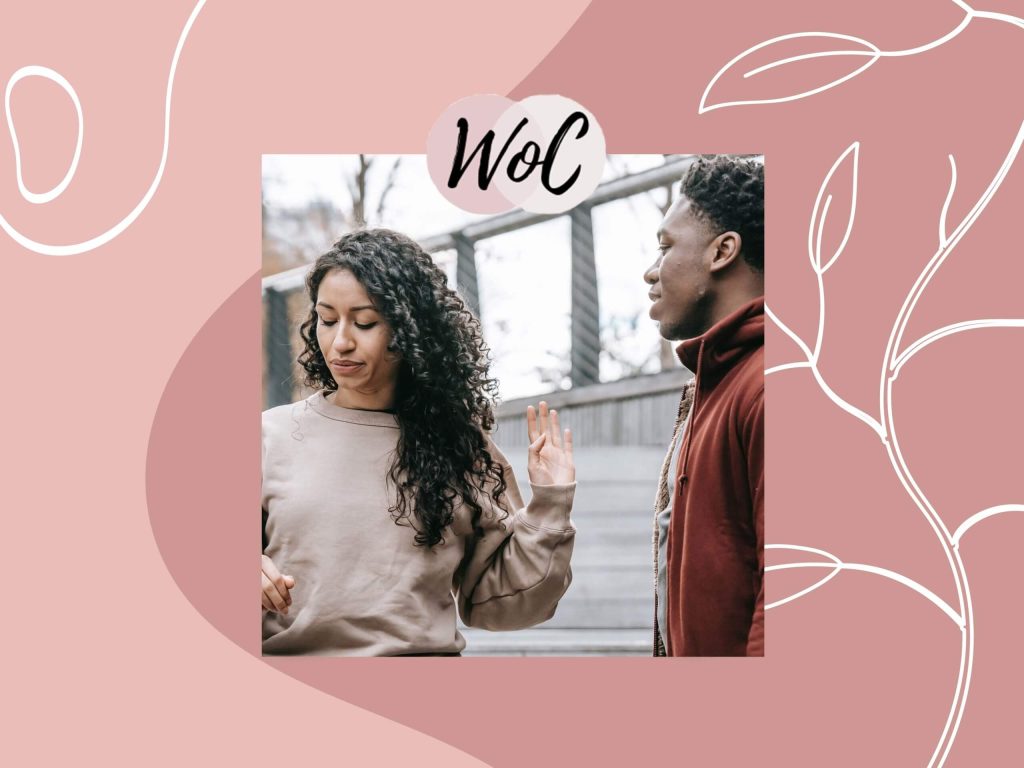In the modern landscape of relationships, the allure of physical intimacy often takes center stage, overshadowing the profound significance of emotional connection and friendship. Society bombards us with messages that equate love with lust, perpetuating the myth that a successful relationship hinges solely on sexual compatibility and consistent sex. However, a deeper exploration reveals that prioritizing friendship over sex not only fosters deeper emotional bonds but also cultivates long-lasting fulfillment and resilience in relationships.
In the past fifty years, society has witnessed a seismic shift in the way sex is prioritized within relationships. With the proliferation of dating apps and hookup culture, casual sex has become increasingly normalized, often overshadowing the importance of emotional intimacy and connection. There are hundreds of self-help books that encourage couples to continue having hot sex. And if they don’t? The relationship very well may be doomed. The pressure to engage in sexual activity can create unrealistic expectations and strain within relationships, leading couples to prioritize physical gratification over genuine emotional connection. It also ignores the multitudes of reasons that people do not want to have sex, including better understanding of asexuality, how sexual trauma affects desire for sex, and how coercion has been an acceptable practice of intimate partner assault. The conversation of consent becomes complex when the alternative to saying “no” is depleting your relationship of intimacy. The expectation that partners owe each other sex can create a toxic dynamic wherein one’s worth is measured by their ability to fulfill the other’s sexual desires. This commodification of sex undermines the inherent value of mutual respect, consent, and emotional intimacy within relationships.
Intimacy Versus Sex
Millennials and Gen Z are having less sex than preceding generations, choosing instead to prioritize intimacy over sex. Read more about it here: Millennials: If You’re Not Having Sex, You’re Doing Just Fine (healthline.com) Many health professionals see this as a dangerous thing, because isn’t sex a necessity? Millennials and Gen Z say it’s not. Some of the best parts of these specific generations is the willingness to break down previously assumed social norms. Gender isn’t a given. Sexuality isn’t a given. What a friendship must include versus a romantic relationship is not a given. In fact, there is a rise in the ideas of relationship anarchy, where every aspect of the relationship is completely discussed with friends and partners alike instead of assuming. When we break down the idea of sex, we meet with more questions. What is sex? Doesn’t it differ from person to person? What is intimacy? What is erotic? On our WOC Instagram this week, we even posted a list about how to engage in erotic activities that do not include explicit sexual activity. That list can encourage intimacy more than direct sex at times. These break downs are not to encourage anti-sex sentiment. It is to encourage communication, friendship, and living in gray areas. We are so much more comfortable functioning within social norms because it tells us when a relationship is viable or not without needing to do much more work. However, when we lean into the gray area and continue opening conversations with our partners, we may find a richer friendship that spans decades, rather than a relationship that is limited by how much we have sex. This can be especially beneficial for women, who do face sexual trauma at a higher rate, and also engage in coerced sex at an extremely high rate. Sex is not a right, a need, or a given. How can we prioritize what we want in the moment and open up the conversation?

Breaking the Norms
Contrary to societal norms, prioritizing friendship over sex offers a myriad of benefits that enrich and sustain relationships in the long run. At its core, friendship forms the foundation upon which meaningful connections are built. Unlike physical attraction, which may fluctuate over time, emotional intimacy deepens and evolves, serving as a steadfast anchor amidst life’s inevitable challenges and transitions. One of the primary advantages of prioritizing friendship in a relationship is the cultivation of genuine understanding and empathy between partners. Friends confide in each other, share their vulnerabilities, and offer unwavering support through life’s triumphs and tribulations. By fostering a friendship-based dynamic, couples create a safe and nurturing space where they can authentically express themselves without fear of judgment or rejection.
Moreover, friendship transcends the confines of physical attraction and desire, allowing partners to connect on a deeper, more profound level. Shared interests, values, and experiences form the basis of a strong friendship, fostering a sense of camaraderie and companionship that extends beyond the bedroom. Couples who prioritize friendship often report higher levels of satisfaction and fulfillment in their relationships, as they derive joy and fulfillment from each other’s presence and companionship. In addition to strengthening emotional bonds, prioritizing friendship over sex promotes healthier communication and conflict resolution within relationships. Friends communicate openly and honestly, actively listening to each other’s perspectives and working together to resolve disagreements and misunderstandings. By prioritizing mutual respect and understanding, couples create a solid foundation for navigating challenges and conflicts with grace and compassion.
Physical attraction ebbs and flows depending on the many, many seasons of life that partners go through together. Pregnancy and postpartum can greatly affect how birthing people experience attraction and desire for sex. These changes can last for extended periods of time, where they still desperately need connection and support from their partner but may not have the capacity for sex. Sexual trauma can also influence how a person views sex, sometimes making the individual averse to all sexual acts, and sometimes wary of only certain ones. Asexuality continues to be recognized as a valid sexual identity as well. This can mean that an individual experiences little, specific, or no sexual attraction. This does not equate to libido, but the asexual person may not want to engage in sex often. There are so many instances that can cause one partner or both to not have sex for an extended period of time. But research is showing that several happy marriages are sexless for at least a period of time. This fact indicates that we need to view relationships in more nuanced and wholistic ways.
Friendship-based relationships are characterized by a sense of autonomy and individuality as well, wherein each partner maintains their identity and interests outside of the relationship. Emotional intimacy and shared experiences serve as the bedrock of a lasting connection. Couples who prioritize friendship recognize the importance of nurturing their own passions and pursuits, fostering a sense of independence and self-fulfillment that enriches their relationship. It’s essential to recognize that prioritizing friendship over sex does not negate the importance of discussing physical intimacy within relationships. Rather, it reframes the narrative surrounding intimacy, emphasizing the multifaceted nature of connection and fulfillment. Healthy relationships strike a delicate balance between emotional intimacy and physical affection, recognizing that both are essential components of a fulfilling partnership. In conclusion, prioritizing friendship over sex offers a transformative approach to relationships that fosters deeper emotional connection, communication, and fulfillment. In a society that often prioritizes physical attraction and sexual gratification, cultivating friendship-based relationships offers a refreshing alternative that celebrates the richness of emotional intimacy and shared experiences. By embracing the power of friendship, couples can create a lasting bond built on trust, understanding, and unwavering support—a foundation that withstands the test of time.
Practitioners continue to break down these social norms in therapy. The psychology world has historically frowned at clients who do not want to have sex for whatever reason. It is seen as dysfunctional and disordered. But as we continue to embrace communication and nuance, practitioners and clients can change this landscape together. To focus on what you and your partner need, versus what you’re supposed to want, book a free consultation with us here: Reach Out for Support | Contact Us | WOC Therapy


